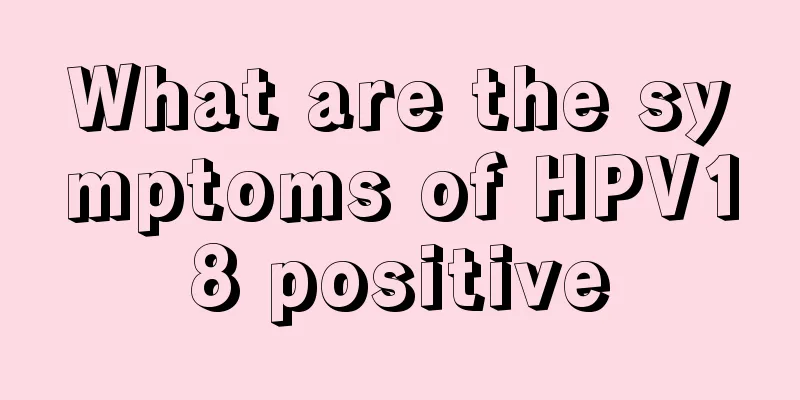What are the three layers of the eyeball wall?

|
Eyes, as windows to the soul, play a very important role in daily life. First of all, eyes can help us moisturize our eyeballs and see the outside world at the same time. The wall of the eyeball is divided into three layers. Without these layers, it is difficult for people to see things outside. Eyes are like mirrors, so everyone needs to understand the structure of the eyes. Basic structure The structure of the cornea can be divided into five layers from outside to inside: corneal epithelium, anterior limiting membrane, lamina propria, posterior limiting membrane, corneal endothelium Corneal epithelium The corneal epithelium is a non-keratinized stratified squamous epithelium, generally composed of 5-6 layers of cells. Epithelial cells have a strong regenerative capacity and repair quickly after injury. The corneal epithelium migrates to the conjunctival epithelium at the corneal limbus. Anterior limiting membrane The anterior limiting lamina is a transparent homogeneous membrane differentiated from the matrix of the lamina propria. The anterior limiting membrane cannot regenerate after damage. Lamina propria The lamina propria is a thick layer of fibrous connective tissue. It contains a large number of collagen fibers with the same refractive index, and the spaces between the fibers are filled with matrix except for a small number of fibroblasts. There are no blood vessels or lymph in the stroma. This structure is an important factor in maintaining corneal transparency. Posterior limiting membrane The posterior limiting lamina is a transparent homogeneous membrane secreted by corneal endothelial cells, which has the ability to regenerate after damage. Corneal endothelium The corneal endothelium, also known as the posterior corneal epithelium, is a single-layer flat epithelium whose cells have the function of secreting and synthesizing proteins. When the endothelium is damaged, it can be repaired by the expansion of its neighboring cells rather than by cell division. There are no blood vessels in the cornea, and its nutrition mainly depends on the vascular network on the outside of the corneal edge and the exudate of aqueous humor. The cornea contains rich sensory nerve endings, so it is sensitive. The sclera is mainly composed of dense connective tissue and has the function of protecting and supporting the eyeball. The front end of the sclera is connected to the cornea, and the back end is continuous with the sheath of the optic nerve. Because the optic nerve passes through and forms many holes, it is called the cribriform plate. The junction of the sclera and cornea is called the limbus. On the inner side of the corneal margin, there is a small circular tube running from the outside to the inside, called the scleral venous sinus, which is an important pathway for the circulation of aqueous humor. The front of the sclera is covered by the bulbar conjunctiva. The conjunctival epithelium is continuous with the corneal epithelium and is a stratified squamous epithelium with connective tissue underneath. |
<<: What to do if the eyeball falls out
>>: Can an eye injury heal itself automatically?
Recommend
Why do I suddenly feel out of breath while running?
I believe everyone knows that difficulty breathin...
Can anthrax be cured
Anthrax is an acute infectious disease caused by ...
What are the precautions for rotavirus vaccination?
As for vaccines, they are now mainly divided into...
What are the specific manifestations of breast cancer symptoms
Nowadays, breast cancer is a common disease among...
6 Best Fitness Exercises
Fitness is an increasingly popular lifestyle, and...
Early symptoms of stye
Stye is a common eye disease in daily life. It is...
Uneven fatty liver treatment method
Uneven fatty liver has a serious impact on the pa...
What are the hazards of bleaching powder?
Bleach is a very common thing in daily life. Blea...
Which is heavier, muscle or fat?
In life, we can see that some people have a lot o...
Peeling feet don't itch, just peeling skin
When the feet are peeling, the first thing people...
How to care after prostate cancer surgery? There are four major care points
Prostate cancer is a type of cancer of the reprod...
Great saphenous vein valve function test
When it comes to the great saphenous vein valve f...
What can I eat every day to avoid constipation?
Constipation is a problem that bothers many frien...
I succeeded in losing weight with red bean soup
Red bean is a relatively nutritious food. It cont...
How to effectively treat bilateral obstructed fallopian tubes?
Bilateral obstruction of the fallopian tubes is a...









